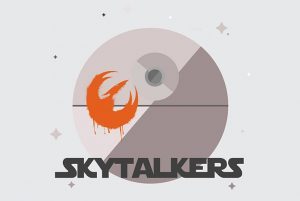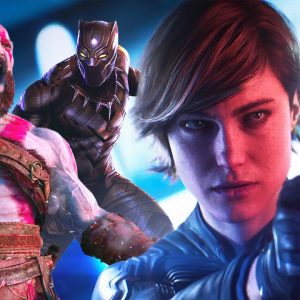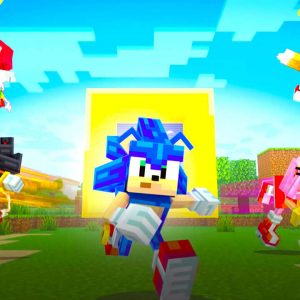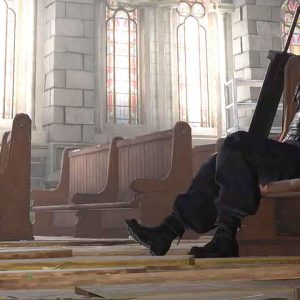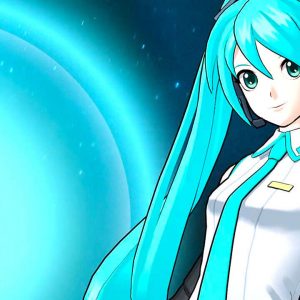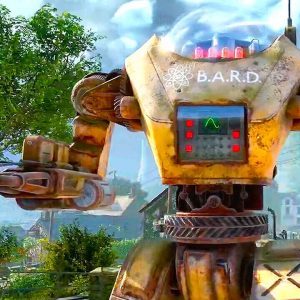
2023 is being touted as one of the greatest years in gaming. With major releases like Zelda: Tears of the Kingdom, Spider-Man 2, and Starfield coming from the big three publishers, plus plenty of third-party hits, there are more great games this year than we know what to do with. Meanwhile, there have been close to over 6,000 layoffs across the games industry in the same time, impacting companies like Bungie, Epic Games, and more. But the primary reason for the huge number of redundancies isn’t because of something that happened in the last 12 months, but a trend that’s steadily grown for the past two years.
In 2021 the biggest video game announcement wasn’t a new sequel or shiny new title, but instead Microsoft announcing its plans to acquire Activision Blizzard for $69 billion. Indeed, the biggest news stories from 2020 to 2022 were less about what games were coming out (if anything they were all being delayed) and more about which studio was the next to be bought. During the Covid years, mergers and acquisitions were the next big thing.
Take Embracer as an example. It made acquiring companies a big part of its brand, so much so it seemed like it acquired more studios than it released games. And for a time that strategy worked – Embracer might not be a household name but it certainly took an oversized share of headlines in 2022, first with meme-worthy acquisitions like THQ that led to people suddenly caring a lot about Destroy All Humans, before moving on to big fish like Tomb Raider developer Crystal Dynamics and Gearbox, the studio behind Borderlands. It also acquired the video game rights to The Lord of the Rings.
But ask any business analyst and they’ll say mergers and acquisitions (M&A) almost always lead to layoffs and office closures. A quick Google also provides the same answer. So fast-forward a year and, after years of expansion, Embracer’s future isn’t looking quite as bright. The Swedish megacorporation announced it is permanently shutting down Volition, the historic studio behind Saints Row, and is exploring options for Gearbox, potentially selling the Borderlands developer for $1.4 billion less than three years after it was acquired.
Embarcer is, for all intents and purposes, at ground zero for everything that could go wrong with an M&A. As it turns out, the company was hoping to land a $2 billion investment (later reported to be the Saudi Investment Fund) to help make its spending spree make sense. That deal never went through and the sudden loss of $2 billion meant Embracer had to quickly jettison some of its pricier purchases. With Volition gone and Gearbox likely following suit, if I were Crystal Dynamics I’d be thanking Amazon for inking a deal to produce a bevy of movies and shows based on my most famous video game character.
Even Epic, which has enjoyed enormous success with Fortnite, has made layoffs: a significant chunk of Fall Guys studio Mediatonic, which it acquired in 2021, were let go this year, plus it sold Bandcamp, its music storefront, even though it was only acquired in 2022. Bandcamp was sold to music marketing company Songtradr, which then proceeded to lay off its staff. And recently Bungie — which was acquired by PlayStation in 2022 for $3.7 billion — made close to 100 layoffs across key divisions like art, music, QA, marketing, and community.
Of course, not all of this year’s layoffs were the result of acquisitions; Ubisoft, BioWare, Team 17 and Creative Assembly have undergone layoffs as part of cost-cutting measures. But if you’re wondering why there are suddenly so many layoffs in the games industry during a time of such robust releases and financial gains, the timing between the last two years of acquisition sprees and this year’s cutbacks can’t be overlooked.
As big news as acquisitions are, they’ve historically come with consequences, which made the past couple of years’ back-and-forth between PlayStation and Xbox over which company could acquire more studios strangely grim. For amidst the excitement of wondering what Xbox could do with Activision Blizzard or PlayStation with Bungie, loomed the knowledge that M&As don’t end well for all employees, no matter what their new parent company says.
Looking back, the acquisitions rush of the Covid years were always going to be a double-edged sword. M&As are a messy business with both good (potential collaborations, safety for some teams) and bad (layoffs, layoffs, layoffs), and we are seeing the bad a lot in 2023.
It feels especially callous for so many layoffs to happen in a year when video games are shining so brightly, and the layoffs are sabotaging what should be a feel-good year for games as the industry bounces back from two years of the pandemic. Laying off employees just as the games they’ve toiled on are being released is particularly grim.
The silver lining in all of this is studios like CD Projekt Red, which are preparing to unionize to stave off any potential layoffs, and that feels especially warranted given the success of Cyberpunk 2077: Phantom Liberty. Teams across Activision, EA, are preparing to unionize as well. Whether this will improve the games industry is too soon to say, but it’s great to see the workers in the industry try and wrestle some power back for themselves after such a roller-coaster year.
Matt T.M. Kim is IGN’s Senior Features Editor. You can reach him @lawoftd.
